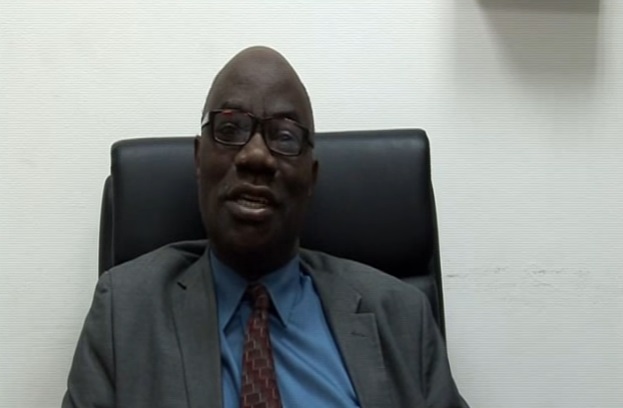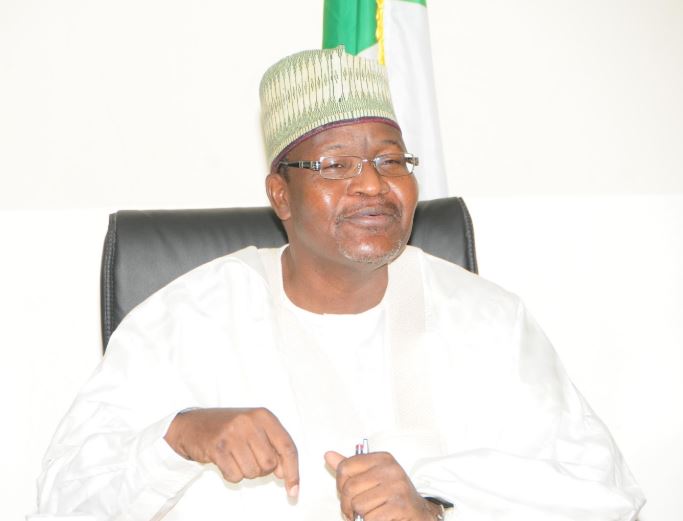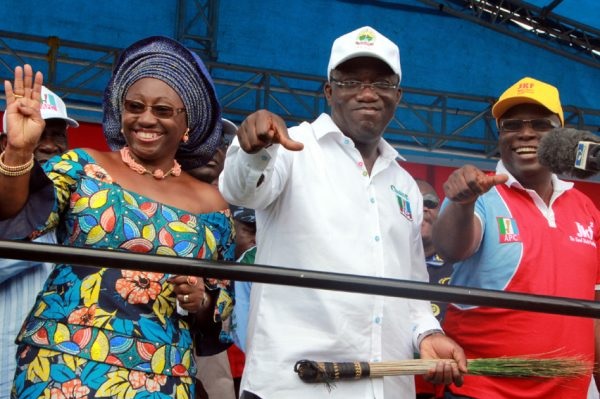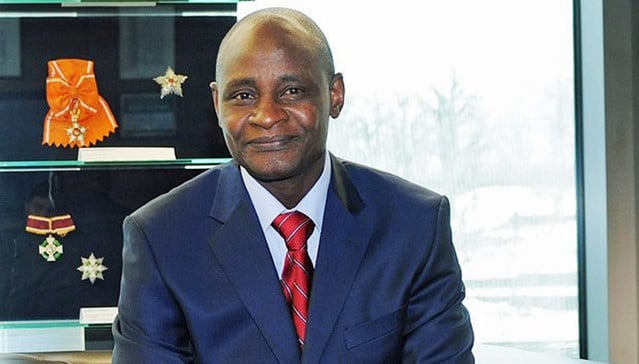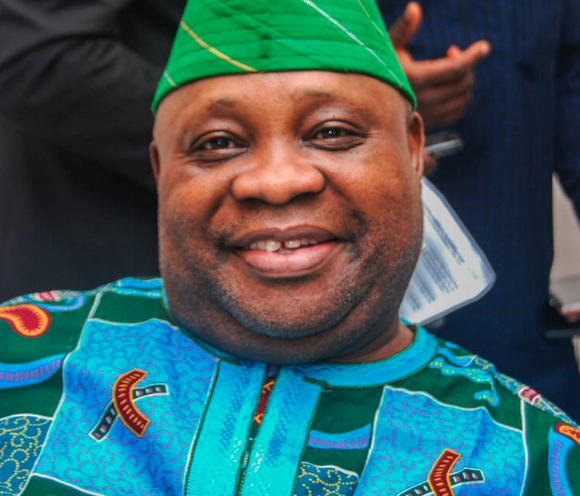BY CHISOM IKECHUKWU
In many developing economies, political interference has undermined regulatory independence. Regulatory procedures are expected to be transparent, accountable and predictable. “Without adequate safeguards against the misuse of regulation, investment will be discouraged and prices higher than needed. …Credible, stable regulation is required to achieve the benefits of privatising and liberalising infrastructure”, according to Iannis N. Kessides, in the book Reforming Infrastructure: Privatisation, Regulation and Competition. In other words, a political regulator is a risk to the customers and investors and, ultimately, increases the country’s regulatory risk.
It was to safeguard the independence of the Nigerian Electricity Regulatory Commission (NERC) that the first National Assembly (1999—2003) refused to kowtow to the wishes of the then Nigerian Government that wanted to appoint NERC Chairman and Commissioners without confirmation by the Senate. The Electric Power Sector Bill that was passed by the National Assembly in 2003 was not assented to by the then President. When the second National Assembly insisted on that provision, a reluctant President Olusegun Obasanjo assented to the legislation in 2005.
Recall that the Federal Government had to negotiate an out-of-court settlement to enable it reconstitute the Board of NERC when the pioneer Board of the regulatory commission, led by its Chairman, Dr. Ransome Owan, took the Nigerian Government to court challenging its dissolution by President Yar’ Adua’s administration, after being in office for three of its mandated five years. That is what regulatory independence produces, a requirement for the urgently needed investment in the sector.
Advertisement
Unfortunately, NERC has not always been independent as indicated by the following five examples, since the handover of power assets to the core investors on November 1, 2013. First, was the freezing of the residential class of tariffs (R2) in 2015 for eighteen months; second, was the removal of Collection Losses in 2015; third, was the non-implementation of five Minor Tariff Reviews; fourth, was the N72 billion that the Federal Government wants to invest in the Discos, which falls outside of the legal/regulatory requirement that capital investment must be recovered through the tariff; and fifth, is the pronouncement that the advocacy body of the Discos, the Association of Nigerian Electricity Distributors (ANED), should, literarily, cease to exist.
The removal of Collection Losses component from the Multi-Year Tariff Order (MYTO) in April 2015 prompted some Discos to provide notices of Force Majeure. According to the Discos, they could not recoup their investments with the reviewed tariff. Many industry observers saw that reduction in tariff as politically influenced. A former Commissioner in NERC, Mr. Eyo O. Ekpo, said the tariff reduction was not taken in accordance with regulatory due process, adding that it was “a patently bad decision.”
In July 2017, Mr. Babatunde Fashola, the Minister of Power, Works and Housing, pointed out that the reversal of electricity tariff was to win electoral votes. He said, “Government must also not interfere with the power of the regulator when it fixes tariff in the way the last administration ordered a reversal of tariff in order to win electoral votes in 2014. It created a massive debt for Nigeria because while the government ordered a reversal of tariff, it did not reduce exchange rate, interest rate, the cost of wages or cost of gas and other inputs necessary to produce power. Why should Nigeria carry a debt created by an individual’s electoral ambition?” Regrettably, it is doubtful that the Minister has heeded his own admonition.
Advertisement
Just as NERC failed to properly undertake its mandate during the Goodluck Jonathan administration, it is now shirking its responsibility by failing to speak the truth to power issues to the Muhammadu Buhari administration. Truth is noble.
Section 32 (1) (a) of the Electric Power Sector Reform Act (EPSA) 2005 provides that the industry regulator shall, among other objectives, “create, promote and preserve efficient industry and market structures and to ensure the optimal utilization of resources for the provision of electricity services.” Recently, the Nigerian Government informed us that it would invest N72 billion in the eleven Discos to boost electricity distribution networks across the nation. And that Transmission Company of Nigeria will manage its investment in the Discos. On face value, that should be welcome.
The core investors in the Discos have raised concerns over corporate governance challenges with the Federal Government’s intervention given that their Boards have not been given the opportunity to deliberate on the matter. They are ill at ease that the government’s ownership of 40% of the DisCos seeks to unilaterally impose projects that have not been reviewed or deliberated by the Board, on the 60% majority ownership. In addition, they contend that the government route is at variance with guidelines in the Company and Allied Matters Act (CAMA) which stipulates the process by which companies make investments.
The idea of “Golden Share” is not new to our clime. It has its roots to the time of Dr. Hamza Zayyad of the Technical Committee for Privatisation and Commercialisation (TCPC) in the 1990s. He had employed the strategy to protect government interest in insurance companies when TCPC privatised the enterprises. Then, it was rarely used.
Advertisement
Well, it appears that the Nigerian government is about to use that strategy as unknown to many Nigerians, the 40 per cent equity that the Federal Government owns in electricity distribution companies (Disco) tantamounts to Golden Share. It is apt to know that the core investors in the Discos own 60 percent.
According to the investors, “it will be difficult for the Discos to acquiesce to TCN/MoPWH (Transmission Company of Nigeria/Ministry of Power, Works and Housing)adding a further N72 billion of debt to the N1.3 trillion of debt (and growing) already on their financial books, given (a) the Discos’ inability to access debt financing required to address massive capital expenditure requirements that far exceed the N72 billion initiative, that is required to inject the efficiency that electricity customers demand;(b) the Discos’ regulatory constraints; and ( c) the uncertainty of projects built by an entity that is licensed only to transmit energy and not distribute energy.”
But the Managing Director of TCN, Usman Mohammed, contends that TCN was given the nod to superintend the investment fund because it already had a comprehensive system study and plan on the country’s electricity network. To him, the distribution companies have low capacity and investments have not been done in the Discos.
Given the provisions of Section 32 (1) (a), why is NERC silent on the concerns raised by the Disco core investors? Are we to assume that if the infractions had been by the core investors, NERC would not have intervened?
Advertisement
But NERC is not yet done with showing that it is a puppet. On September 11, 2018, it could no longer mask its puppeteer status, when it made public what it called the communiques issued at the end of the Commission’s separate meetings with Discos and Gencos. The scale of its groveling is unparalleled. Among other decisions, the communique with respect to the Discos stated that “…activities of Association of Nigerian Electricity Distributors were discouraged; ANED should not interfere with policy directives or regulatory pronouncements made by the Honourable Minister of Power or the Commission; and No unwarranted remark should be made by ANED representatives against the person of the Honourable Minister, NERC Chairman or against any of the NERC Commissioners going forward.”
NERC’s directive is not only unconstitutional but it shows the extent to which Nigerians are willing to abuse power. Have the regulators averted themselves to the provision of Section 40 of the 1999 Constitution(as amended) that provides the right of association in pursuit of a common interest. The communique is replete with authoritarianism. So, policy directives and regulatory pronouncements cannot be scrutinized? Has the Minister of Power or NERC Chairman become God? “Who did this to us?” is a question that often trends in social media. The regulator should know it does not have absolute powers; the courts are there to check regulatory excesses. Even worse is that the regulator seems to be ignorant of the effect of such pronouncements on potential investors and lenders.
Advertisement
In addition, consultation is a basis of regulation making in the sector as enshrined in EPSA. If NERC is uncomfortable with advocacy and consultation, then the sector, and by extension the country, is doomed.
It is important to note that Gencos have their advocacy group—the Association of Power Generation Companies (APGC). Of interest is that in the communique that dealt with Genco issues, no mention was made of the activities of APGC. So, why the double standard? If NERC has an allergy to advocacy groups, why is it comfortable with other sector value chain associations? This development shows that NERC is in breach of Section 32(1) (f) of EPSA which directs the industry regulator, “to ensure that regulation is fair and balanced for licensees, consumers, investors and other stakeholders.”
Advertisement
Chisom Ikechukwu, a power sector expert, wrote from Abuja
Advertisement
